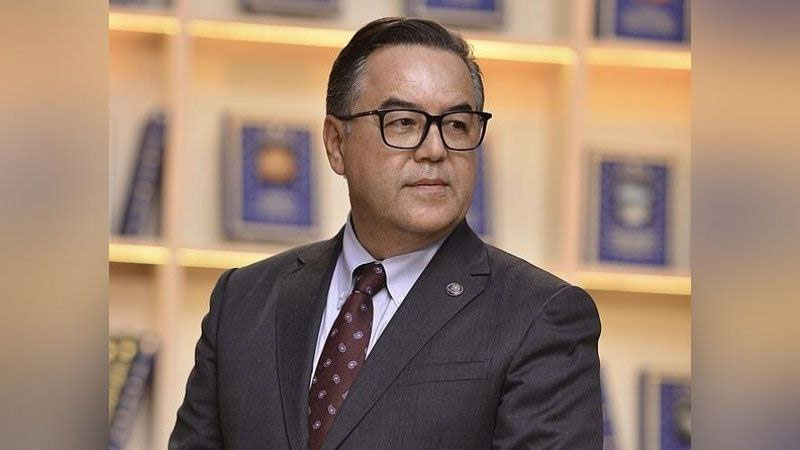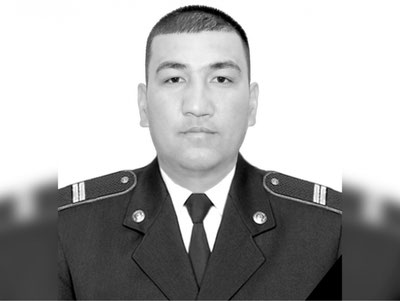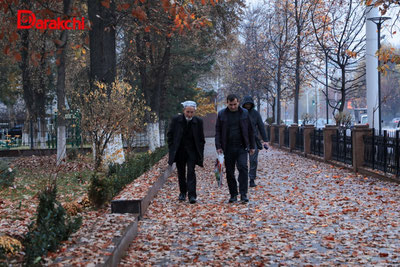On behalf of the Center of Islamic Civilization in Uzbekistan, we express our sincere gratitude to the author Qudratilla Rafiqov for his profound analytical article dedicated to the history of Uzbekistan and the opening of the Center of Islamic Civilization, published under the headline "I Have a World" in the "Ishonch" newspaper. Read more
This important work is profound in content, written with a high degree of professional skill, and possesses high cultural value. It is not mere journalism, but rather a sincere conversation with history and the people's conscience. The work is not only a research but also a skill and ability to convey thought to society in a clear and credible manner. This elevates the article to a high intellectual level.
In every line of the article, one feels a constant sorrow for lost opportunities and anguish over past indifference. In particular, the author's reflections on our inability over many years to show the world the great legacy left by our great rulers and thinkers strongly impact the reader. The rhetorical questions "Why? Why? Why?.." become an expression of the common anguish in the heart of every person who has thought about the fate of our history and culture. The article helps us to deeply understand the responsibility each of us bears for preserving and developing our cultural-historical heritage.
Along with anguished thoughts, the article is woven with rays of hope, boundless love for the Homeland, and faith in its future. In this regard, the author specifically emphasizes the historical role of the President of the Republic of Uzbekistan, Shavkat Mirziyoyev, in his work. The large-scale projects being implemented by the head of state are aimed at strengthening national consciousness, preserving historical memory, supporting educational and cultural initiatives, as well as clearly and credibly demonstrating Uzbekistan's unique contribution to world civilization on an international scale.
As the author emphasizes, the Center of Islamic Civilization was established thanks to the personal initiative and direct support of the country's President. It has become a new and grand symbol of the country's spiritual and cultural revival. The Center is not limited to preserving and popularizing our rich history, scientific, and artistic heritage, but also unites scholars and researchers from all over the world. This gives a strong impetus to international scientific and cultural cooperation.
The article helps to see the Center not just as a museum or a scientific field, but as a living platform that preserves the people's memory, inspires future generations, and strengthens international cultural cooperation. The arguments presented by the author increase public awareness about the importance of the Center created on our President's initiative and its educational mission.
Indeed, this unique project harmonizes the past and the future, tradition and modernity, creates a new field for scientific and cultural exchange, and provides an opportunity for the modern person to face the grandeur of millennia of history in their worldview. We once again express our gratitude to the leader of our state for putting forward and successfully implementing this grand cultural-educational mega-project, which has become the pride and eternal legacy of our people.
We express our deep gratitude to the author for this work, for his sincere attitude towards the complex but very necessary topics he has raised. We wish Qudratilla Mirsagatovich new creative achievements rich with new ideas. We believe this work will serve as a source for the spiritual awakening of many of our contemporaries.
Firdavs Abdukhalikov,
Director of the Center of Islamic Civilization in Uzbekistan






